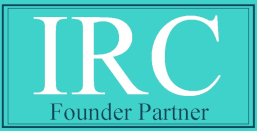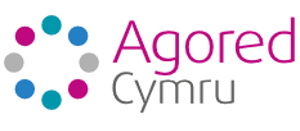Each Level 5 school provides their own additional topics, dependent on the specialisms of the tutors. As well as additional specialist techniques in fertility and maternity work, Gaia learners benefit from Carolyn's knowledge and interests in energy techniques. As a Reiki Master Teacher, Crystal Therapist and Sound Healing Practitioner, Carolyn brings many additional energy based aspects to the course. These include:
- introduction to working with subtle energy in reflexology, including how to protect yourself (half day),
- chakra balancing (half day),
- using meridians in reflexology (full day workshop),
- and a short introduction to crystals etc.
The Gaia School also has a specialist emphasis on advanced musculoskeletal techniques (one and half day workshops). We include special protocols on how to work with foot conditions such as plantar fasciitis, and we provide an introduction to Adapted ReflexTherapy techniques (AdRx), developed by physio Gunnel Berry, which can be used on clients experiencing spinal pain and the effects of whiplash injuries. These techniques have been found to be measurably effective in increasing spinal mobility and reducing pain.
You will also have the option of attending a workshop certifying you to use aromatherapy essential oils in your reflexology treatments, and a workshop on crystal reflexology: selecting and working with crystals in your reflexology session.


















